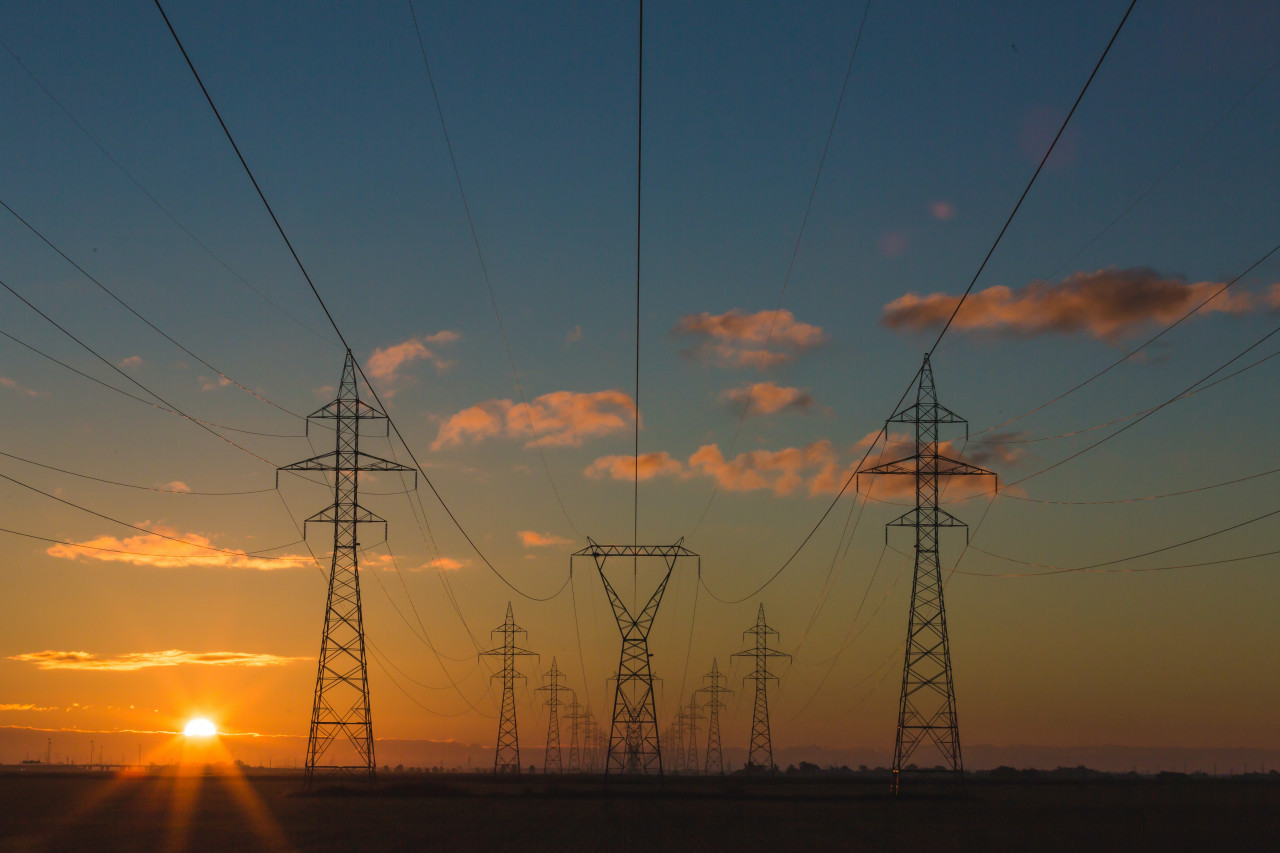The US Department of Energy announced up to $3.5 billion in funding to strengthen the country's electricity grid, releasing the first round of funds from the nation's $10.5 billion grid resilience and innovation partnerships (GRIP) program. The DoE said the funds would go to 58 projects across 44 states, and help bring more than 35 GW of new electricity onto the grid from wind, solar and other renewable sources, while also funding in 400 microgrids. US Energy Secretary Jennifer Granholm told reporters most of America's grid is now a century old, and under strain from storms, floods, heat waves and rising demand from EVs and other uses.
The European Union is looking to provide succour to its wind energy companies, Reuters reports, citing an EU document. According to the document, the EU plans to counter-guarantee banks' credit exposures to wind industry suppliers. The bloc also plans to scrutinise subsidies availed by imported wind-power products for "possible unfair trade practices", as it seeks to combat supplies from China. The EU wants renewables to account for 42.5 percent of the continent's energy mix by 2030, almost twice the current number.
Taiwan's Foxconn unveiled a new electric cargo van dubbed Model N, the company's sixth prototype in its ambitious EV push. The world's largest contract electronics manufacturer is targeting 5 percent of the global EV market and $33 billion in revenue from its EV and EV components business by 2025. The company's EV head disclosed that it was in talks with 14 potential customers for its products, and that India and Japan were seen as the most promising markets. Last month, media reports indicated India's JSW conglomerate was interested in EVs and talking to Chinese firm Leapmotor.
Foxconn and US chipmaker Nvidia announced they had tied up to build next generation "AI factories" that will manufacture chips and software for multiple applications, including self-driving cars. Nvidia said the factories would use its GH200 superchip, which is among the chips it is barred from selling in China, an indication that the plants are likely to bypass the Middle Kingdom. Foxconn, which makes the iPhone for Apple, has been looking to expand into other areas, including e-mobility, as it transitions into "a platform solution company" from a manufacturing services firm.
CATL took a knock in September, as data showed the Chinese battery powerhouse's market share in its home country falling to its lowest in more than a year. CATL accounted for 39 percent of battery installations in China-made EVs, down from 45 percent in June, data from the China Automotive Battery Innovation Alliance showed. That's the lowest since June last year, and reflects pricing pressure and slowing EV demand, say analysts. The world's largest EV battery maker has registered growth of 18 percent so far this year, even as second- and third-ranked-ranked BYD and CALB saw Chinese sales jump more than 70 percent.

Daily Shorts: Plus Power raises $1.8 bn for battery projects, Rivian CEO calms fears over fund raise, and more
Read More

